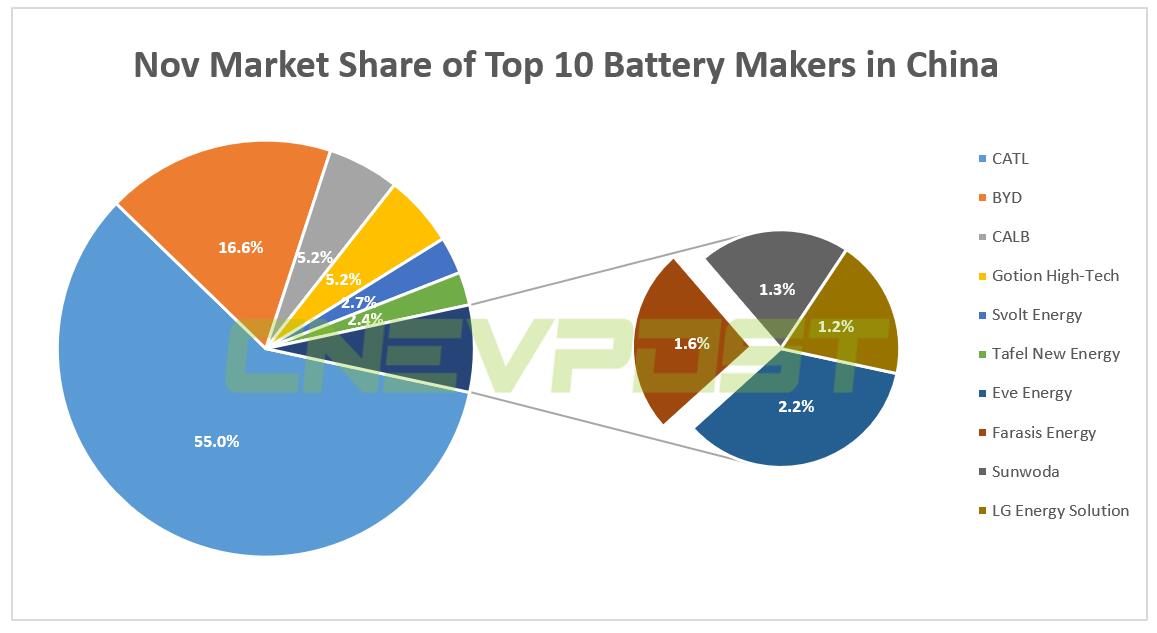Farasis Energy has sent samples of its first-generation semi-solid-state battery with an energy density of 330Wh/kg to Mercedes-Benz, which will start testing prototype batteries soon.
Chinese power battery maker Farasis Energy has sent solid-liquid hybrid battery A samples to Mercedes-Benz, local media cls.cn said today, citing sources familiar with the matter.
Those sent to Germany are Farasis Energy's first-generation semi-solid-state battery products with an energy density of 330Wh/kg, and will begin testing prototype battery products soon, according to the report.
Farasis Energy responded that the matter was a trade secret and could not comment. Mercedes-Benz, for its part, said that its cooperation with Farasis Energy is in order and that in principle it would not comment further on the details of the supplier relationship, according to the report.
Farasis Energy is one of the leaders in soft pack power batteries and was one of the first companies in China to achieve mass production of ternary soft pack power batteries.
Its current customers include Daimler, GAC, Geely, TOGG, Dongfeng Motor, Jiangling Motors, and Great Wall Motor, according to the company's previous statements.
Farasis Energy said on April 1 that it has developed and validated a next-generation electric vehicle battery with an energy density of 330Wh/kg, marking its challenge to the current bottleneck cap of 350Wh/kg energy density for lithium batteries.
The power cell technology limits the huge expansion of silicon materials for charging and discharging, and works with single-walled carbon nanotube conductive agents and a new binder to make the electrodes stable, the company said at the time.
The 330Wh/kg high energy density battery can significantly reduce the negative surface density and improve the charging safety performance and cycling performance of the product, the company said.
The battery can still provide about 90 percent capacity at -20°C, and its high-temperature storage and high-temperature cycling performance are above industry levels, the company said.
The technology has passed the company's internal tests and will apply for a three-month test to Chinese national standard GB38031-2020 in the future. After the test is passed, it can be sold and used, according to the company.
Farasis Energy installed 0.33 GWh of power batteries in China in November, ranking No. 8 with a 1.6 percent market share, according to the China Automotive Battery Innovation Alliance.
(Graphic by CnEVPost)

